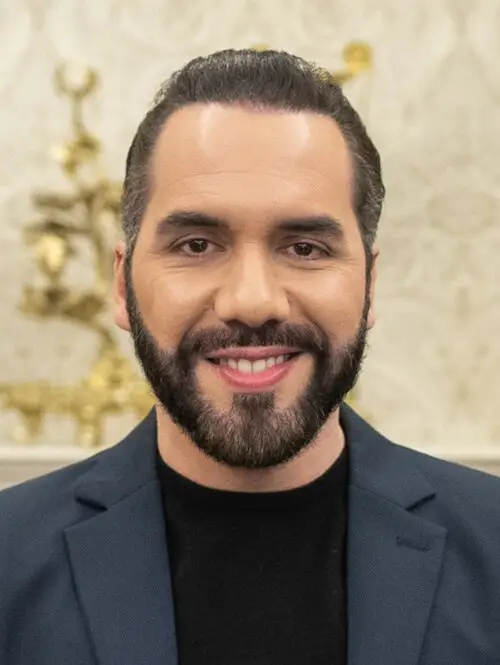El Salvador proposes prisoner swap with Venezuela involving US-deported migrants

El Salvador Seeks Prisoner Swap with Venezuela, Includes US-Deported Migrants
El Salvador has proposed a prisoner swap with Venezuela, marking a new turn in regional diplomacy. This deal could involve Salvadoran migrants recently deported from the United States. The idea has sparked wide discussion across Latin America and raised questions about deportation, human rights, and foreign relations.
A Surprising Offer
The Salvadoran government presented the offer through formal diplomatic channels. Officials suggested exchanging Venezuelan prisoners held in El Salvador for Salvadoran nationals jailed in Venezuela. What makes this proposal unusual is the inclusion of deported migrants from the U.S., many of whom have criminal records.
According to officials, these deportees were detained after arriving back in El Salvador. Some faced pending charges, while others fell under the country’s tough anti-gang laws. Now, the government wants to transfer some of them to Venezuela as part of this deal.
Why This Matters
This proposal isn’t just about easing prison overcrowding. It also sends a message about how El Salvador handles U.S. deportees. President Nayib Bukele’s administration claims the exchange would reduce pressure on national prisons. They also believe it could improve cooperation with Venezuela.
However, critics have raised alarms. Roberto Menéndez, a legal analyst, called the idea “unethical and risky.” He warned that transferring deportees to a third country could violate human rights.
“These people have already faced trial and deportation,” he said. “Sending them to Venezuela might break international legal standards.”
Venezuela’s Position
Venezuela has not publicly responded to the proposal. But sources say the government is considering its options. President Nicolás Maduro often supports the return of Venezuelan citizens jailed abroad. For him, this proposal might serve a political purpose.
Still, Venezuela’s prisons are already overcrowded. Human rights groups have long criticized the poor conditions in the country’s jails. Accepting more foreign prisoners could worsen the situation.
Regional Context
Across Latin America, countries are dealing with the return of deported migrants. The United States has tightened immigration laws, leading to mass deportations. Many returnees struggle to reintegrate. Some face arrest or legal trouble soon after arrival.
El Salvador’s proposal could set a new precedent. No other Latin American country has attempted a similar deal—at least not publicly. But if it works, others might consider it too.
“This is about more than prisoners,” said Carolina Ayala, a migration expert based in Bogotá. “It’s about how countries handle the long-term effects of U.S. deportation policies.”
Human Rights Concerns
Several organizations have raised red flags. Amnesty International and Human Rights Watch have urged El Salvador to respect international law. They insist that any prisoner swap must involve informed consent from each person involved.
“You can’t treat people like diplomatic assets,” said Erika Vásquez, a human rights advocate. “Governments must honor the legal rights of returnees and ensure fair treatment.”
The United Nations High Commissioner for Refugees (UNHCR) is also monitoring the proposal. It hasn’t opposed the swap outright, but officials stress the need for oversight.
Domestic Reaction in El Salvador
Inside the country, the proposal has drawn mixed reactions. Supporters say the move shows creativity and strength in diplomacy. Bukele’s backers believe it aligns with his efforts to modernize the justice system and fight crime.
Opponents see it differently. Members of the opposition party FMLN have criticized the plan. Cristina García called it “a distraction from domestic problems,” accusing the government of staging international stunts while ignoring local issues.
Public opinion remains divided. Some Salvadorans support any measure that reduces crime or prison overcrowding. Others worry about fairness and possible blowback.
What’s Next?
Details of the deal are still under discussion. If Venezuela agrees, the two countries will need to outline the process. They must define who qualifies, what legal steps are needed, and how international bodies will stay involved.
The outcome could shape future policies in the region. If it fails, the move might harm El Salvador’s ties with Venezuela and draw criticism from rights groups.
If it succeeds, the deal could inspire other governments to pursue similar agreements. But they will need to handle the process carefully, balancing legal, political, and humanitarian concerns.






